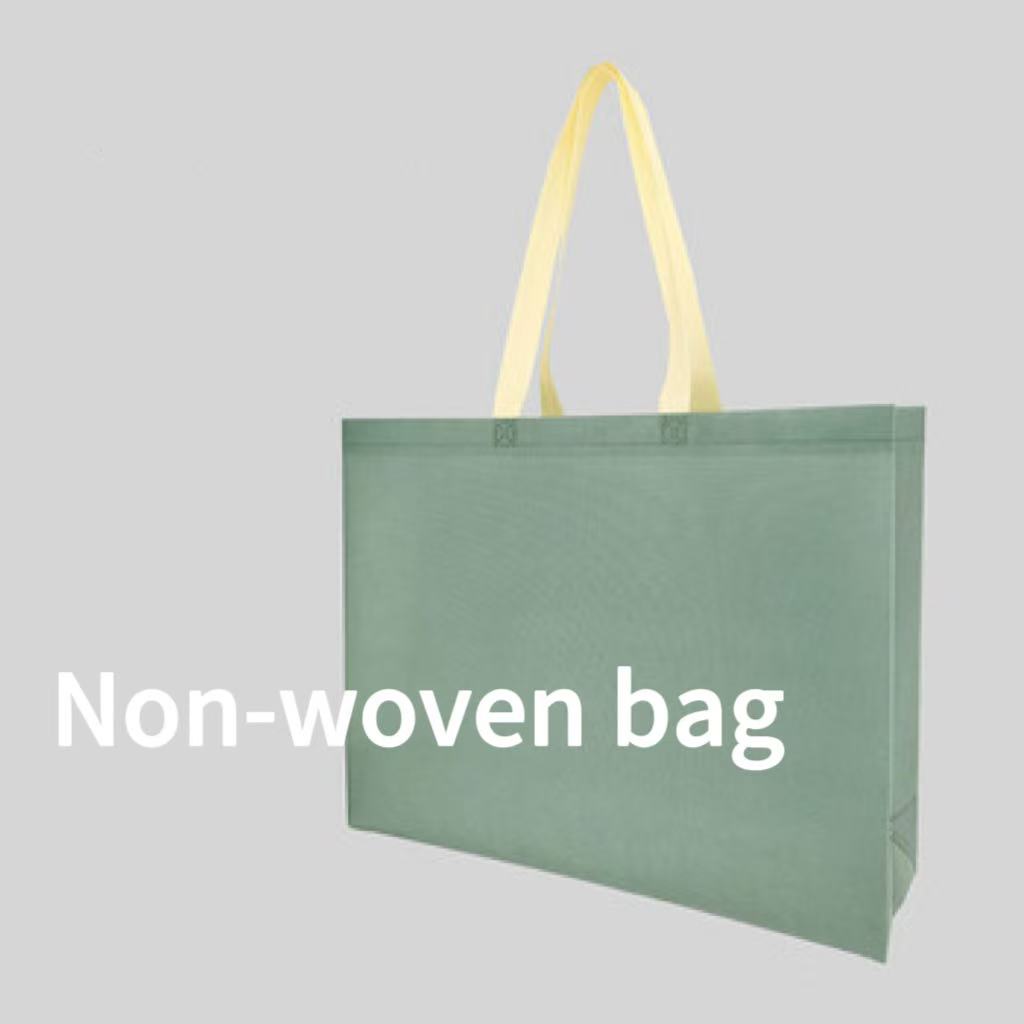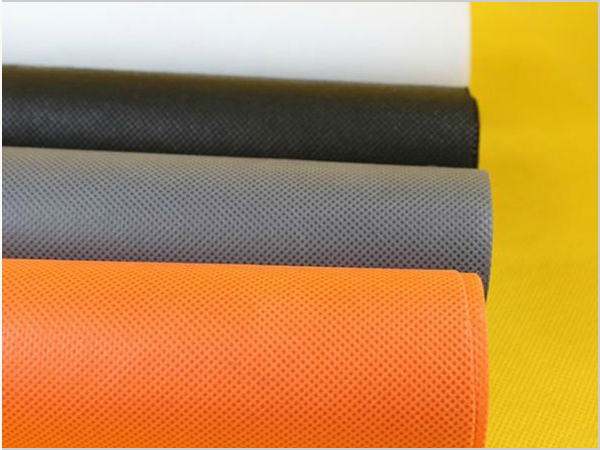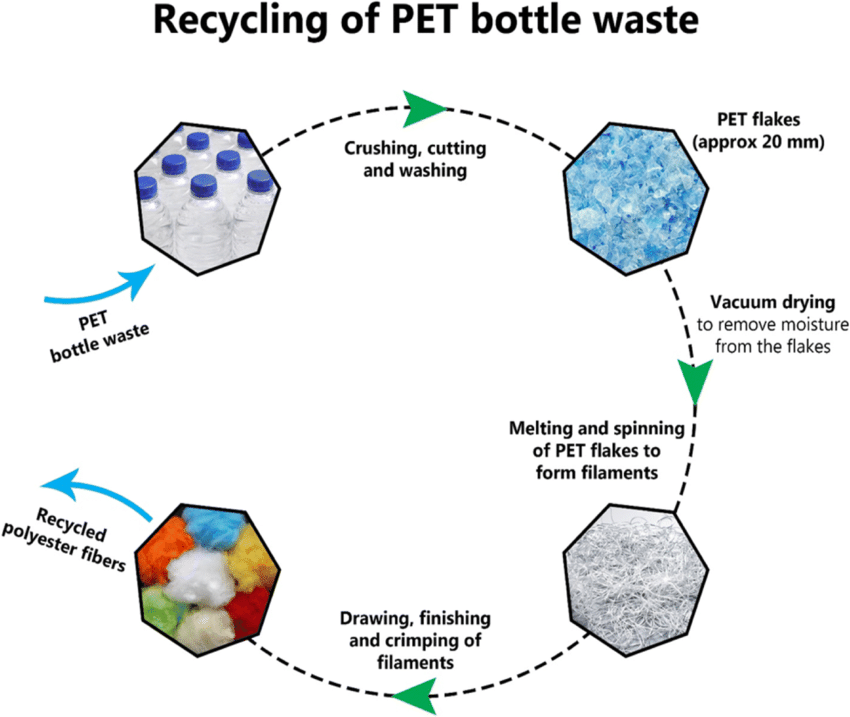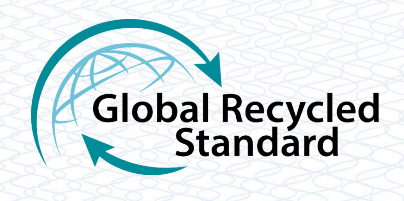What are non-woven bags?
Tired of those reusable bags that tear after just a few trips to the store? These flimsy bags often end up in the trash, defeating their purpose. There's a better, more durable non-woven material available.
Non-woven bags are reusable shopping bags made from fabric that is bonded together, not woven. While most are made from PP Spunbond, a more durable and eco-friendly option is recycled polyester (RPET) non-woven fabric, which offers superior strength and a longer lifespan.
Nearly everyone has a stack of these bags from grocery stores or promotional events. They have become a symbol of trying to be environmentally friendly. However, in my long career working with fibers, I've seen that not all "eco-friendly" materials are created equal. The useful life of a reusable bag depends entirely on the material it's made from. The most common material has some serious flaws, but a much better alternative is quickly gaining traction, especially for brands that care about quality and true sustainability.
What are most non-woven bags made of?
You assume all reusable bags are basically the same. But some start flaking and tearing within months, while others last for years. The difference lies in the material they use.
Most common non-woven bags are made from polypropylene (PP) spunbond fabric. This material is produced very quickly and cheaply by melting plastic pellets and spinning them into a web, making it the go-to choice for mass-produced promotional bags.
The dominance of PP spunbond in the reusable bag market is purely about economics. It's one of the fastest and most inexpensive ways to produce a sheet of fabric. The process is straightforward: small polypropylene plastic pellets are melted and pushed through tiny holes to form long, continuous filaments. These filaments are laid down onto a moving belt and then bonded together using heat and pressure. This creates a sheet of fabric in a single, efficient step.
The benefit is obvious: low cost. This allows companies to give away thousands of bags at trade shows or sell them for a dollar at the checkout counter. However, this cost-saving comes with a significant compromise in quality. The biggest issue with polypropylene is its poor resistance to UV light. I am sure you have experienced this yourself. If you leave one of these bags in your car for a few months, the sunlight degrades the plastic. The fabric becomes brittle and starts to flake apart in your hands. A bag that disintegrates is not truly reusable, and it certainly isn't a good long-term solution for reducing waste.
Why is recycled polyester (RPET) a better choice for bags?
You want a reusable bag that is genuinely sustainable. But a bag that falls apart quickly just creates more plastic waste. Recycled polyester offers a solution that is both durable and earth-friendly.
Recycled polyester (RPET) non-woven fabric is made from post-consumer plastic bottles. It is far more durable, UV-resistant, and heat-stable than standard polypropylene. This creates a longer-lasting bag that makes a much more positive environmental impact.
As someone who is passionate about both fiber science and sustainability, the rise of RPET is incredibly exciting. Instead of creating new plastic, we are using waste to create a superior product. The process is a fantastic example of a circular economy. It starts with collecting used plastic bottles, like the ones you drink water from. These bottles are cleaned, sanitized, and chopped into small flakes. The flakes are then melted and formed into new, high-quality staple fibers.
At my company, we take these recycled fibers and use our thermal bonding process to create a strong, uniform non-woven fabric. The result is a material that is perfect for high-quality reusable bags. Because polyester is a more stable polymer than polypropylene, the fabric stands up much better to sunlight and heat. It won't get brittle in the back of your car. This durability means the bag can be used hundreds of times, making it a far more effective replacement for single-use plastic bags.
| Feature | PP Spunbond Non-Woven | RPET Thermally-Bonded Non-Woven |
|---|---|---|
| Raw Material | Virgin Polypropylene Plastic | Recycled PET Plastic Bottles |
| Durability | Lower, becomes brittle over time | Higher, very strong and robust |
| UV Resistance | Poor, degrades in sunlight | Good, maintains strength |
| Environmental Impact | Uses new fossil fuels | Reduces plastic waste, saves energy |
| Longevity | Shorter lifespan | Much longer lifespan |
How can you be sure a bag is made from quality recycled material?
The word "eco-friendly" is used everywhere. You might pay more for a recycled bag, but how do you know it's the real deal and not just clever marketing?
To ensure authenticity and quality, ask the manufacturer for their Global Recycled Standard (GRS) certificate. This certification is the best way to verify that a product contains genuine recycled content and was produced according to strict environmental and social standards.
Trust is everything in this business. That's why certifications are so important. Simply claiming a product is "recycled" isn't enough. The Global Recycled Standard (GRS) is a rigorous, third-party certification that provides genuine proof. It doesn't just check the final product; it audits the entire supply chain.
GRS certification verifies a few key things:
- Recycled Content: It confirms the exact percentage of recycled material in the fabric.
- Chain of Custody: It tracks the recycled material from the collection source all the way to the final product, preventing fraudulent claims.
- Social and Environmental Practices: It ensures the factory meets high standards for worker protection and environmentally responsible manufacturing, like water treatment and chemical management.
My company, Hangzhou Golden Lily, is GRS certified because I believe in providing my customers with a product they can trust completely. When a bag manufacturer buys our RPET non-woven fabric, we can provide them with a Transaction Certificate (TC) for their specific order. This document is their official proof that the material they are using is authentically recycled. It’s a guarantee of quality and integrity that they can then pass on to their own customers.
Conclusion
Standard non-woven bags are cheap but don't last. Recycled polyester (RPET) bags are a more durable, stable, and genuinely sustainable alternative. Always look for GRS certification to guarantee quality.

Li Sun
With over 15 years of experience in non-woven fabric manufacturing, I lead our R&D team at Hangzhou Golden Lily. My expertise includes developing innovative filtration materials and sustainable packaging solutions.




